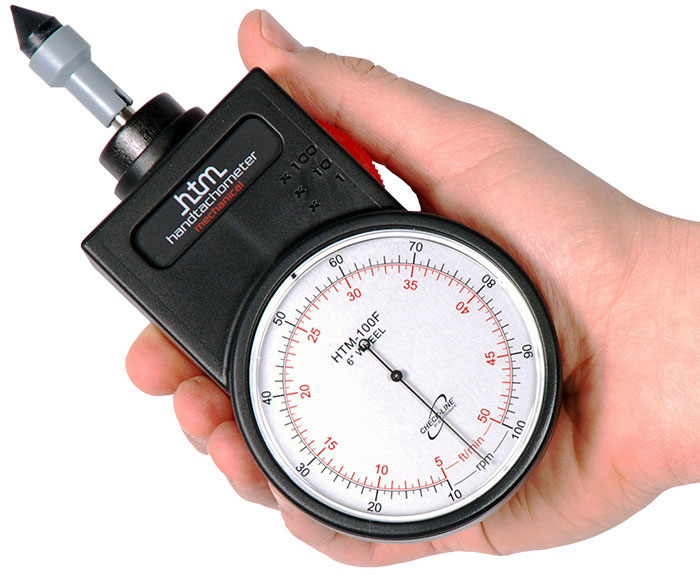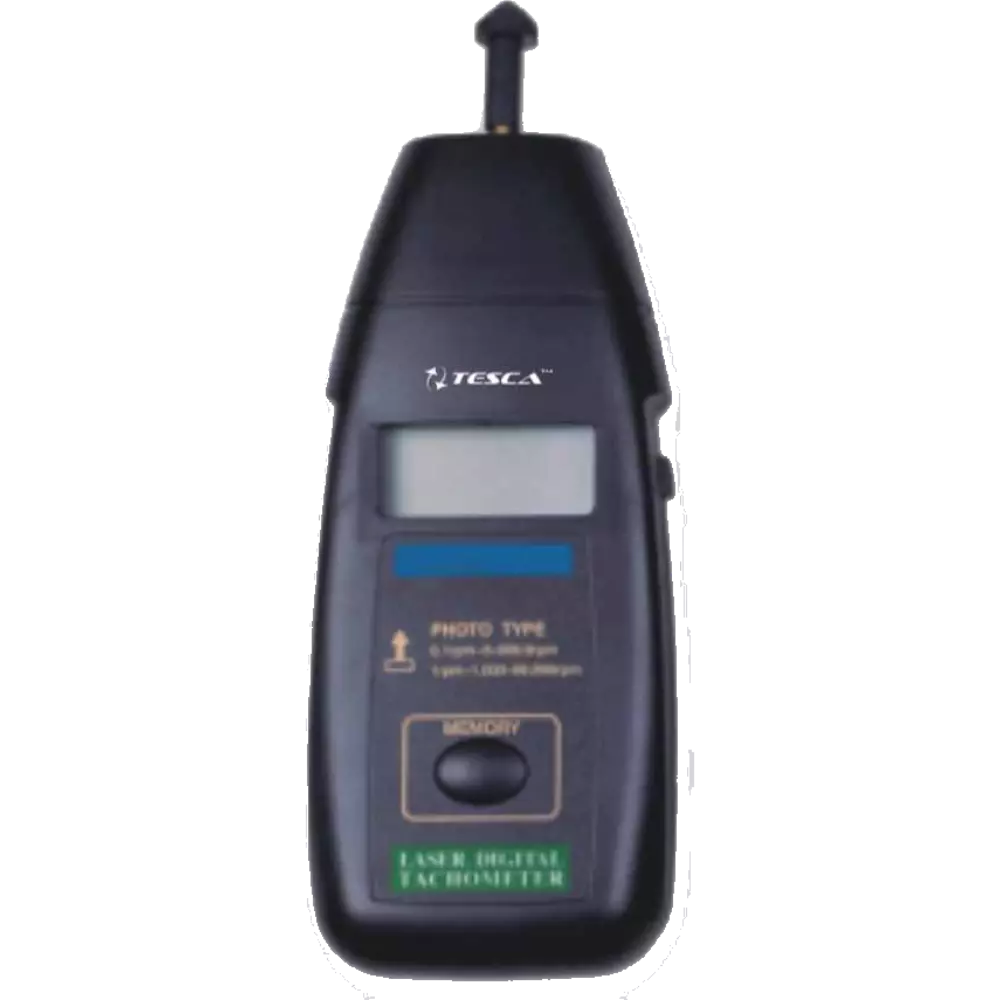Discover Exactly How a Tachometer Can Improve Your Automobile's Efficiency
Discover Exactly How a Tachometer Can Improve Your Automobile's Efficiency
Blog Article
Key Reasons Having a Tachometer Is Important for Preserving Engine Wellness and Performance
In the realm of auto upkeep, the importance of a tachometer can not be overemphasized - tachometer. This humble yet important instrument plays an essential role in the maintenance of an engine's health and effectiveness. By supplying real-time information on engine rate and RPM degrees, a tachometer uses important insights that directly impact the performance and durability of the engine. From avoiding over-revving to optimizing fuel usage, the applications of a tachometer are diverse and necessary for any kind of vehicle proprietor or lover. Why is this apparently simple tool so important? Let's discover the crucial factors behind its pivotal duty in preserving engine wellness and efficiency.
Avoiding Engine Over-Revving

To secure the engine from possible damage, it is important to execute measures that stop over-revving, a method that can lead to expensive repair services and minimized engine life expectancy. Over-revving takes place when the engine's rotational rate surpasses the optimum limitation set by the producer, causing undue stress and anxiety on inner components such as pistons, shutoffs, and linking rods. This too much strain can cause mechanical failures, including bent valves, harmed pistons, and even disastrous engine failing.
One effective procedure to stop over-revving is the setup of a rev limiter. A rev limiter is a device that manages the optimum RPM (changes per min) of the engine by either reducing off fuel circulation or stimulate to the engine when the pre-set restriction is gotten to. Additionally, educating vehicle drivers and drivers on the value of monitoring engine RPM via the tachometer can assist stop accidental over-revving. Regular maintenance checks to make certain the engine is in optimal problem can likewise help in protecting against over-revving incidents and extending the engine's lifespan. By taking on these safety nets, the threat of engine damage because of over-revving can be substantially decreased.
Enhancing Fuel Consumption
Effective fuel consumption plays an important role in taking full advantage of the efficiency and sustainability of an engine. tachometer. Enhancing fuel intake not just assists in reducing functional costs but likewise minimizes the environmental impact of automobile exhausts. By making use of a tachometer to monitor engine speed and change driving habits appropriately, chauffeurs can accomplish better fuel performance
Preserving a constant rate and avoiding abrupt accelerations and decelerations can substantially enhance fuel economic climate. Furthermore, proper gear selection based upon the tachometer analyses makes certain that the engine runs within its ideal array, resulting in more effective fuel burning.
Regularly monitoring the tachometer can additionally aid recognize any kind of ineffectiveness or mechanical issues that may be affecting gas intake. For instance, a sudden rise in gas use without an equivalent adjustment in driving habits could indicate a trouble that requires focus.
Monitoring Engine Wellness
Monitoring engine wellness is vital for ensuring optimum efficiency and long life view publisher site of the vehicle. By utilizing a tachometer to keep track of engine rate, chauffeurs can discover irregularities that might suggest prospective problems with the engine. A tachometer provides real-time data on engine revolutions per minute (RPM), allowing drivers to recognize any uncommon spikes or decreases in RPM that can signify troubles such as misfires, damaged parts, or engine overheating.

Frequently keeping an eye on engine health and wellness via making use of a tachometer makes it possible for vehicle drivers to attend to problems quickly before they escalate and create considerable damage. Identifying a decline in RPM could show gas delivery troubles or a stopped up air filter, while a sudden rise in RPM may aim to problems with the transmission or exhaust system. By staying cautious and responsive to changes in engine efficiency, drivers can protect against expensive repairs and make sure the overall wellness and effectiveness of their lorry.
Increasing Engine Lifespan
Making certain the durability of an engine calls for persistent upkeep practices and alert monitoring of essential performance indications. Extending an engine's life expectancy is essential for minimizing overall car upkeep costs and preventing unanticipated breakdowns. A tachometer plays a significant function in this facet by providing real-time data on engine rate, permitting chauffeurs and auto mechanics to make enlightened choices to avoid extreme wear and tear.

In addition, normal upkeep based upon tachometer readings, such as timely oil changes and spark plug replacements, can substantially contribute to extending the engine's long life. On the whole, including a tachometer right into routine engine monitoring practices is essential for preserving the engine's wellness and performance over the long-term.
Saving Cash on Repair Works
A tachometer aids in keeping track of the engine's RPM (transformations per min), allowing vehicle drivers to operate within the official site suggested array. By staying within these ideal RPM degrees, excessive stress on the engine can be stayed clear of, decreasing the likelihood of expensive fixings due to overworking the engine.
Moreover, by utilizing the data from a tachometer to practice smooth velocity and slowdown, drivers can extend the life expectancy of their lorry's components, inevitably saving money on maintenance and substitutes. On the whole, the insights provided by a tachometer equip motorists to make enlightened choices that can prevent unnecessary deterioration on the engine, causing substantial expense savings over time.
Final Thought
To conclude, a tachometer plays a crucial function in preserving engine health and wellness and efficiency by avoiding over-revving, enhancing fuel usage, keeping track of engine wellness, expanding engine life expectancy, and saving money on repair services. It is a necessary tool for guaranteeing that the engine runs within secure restrictions and executes at its ideal, eventually adding to the durability and overall performance of the vehicle.
Report this page